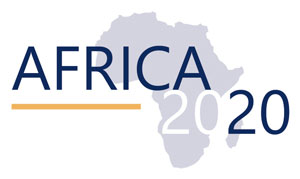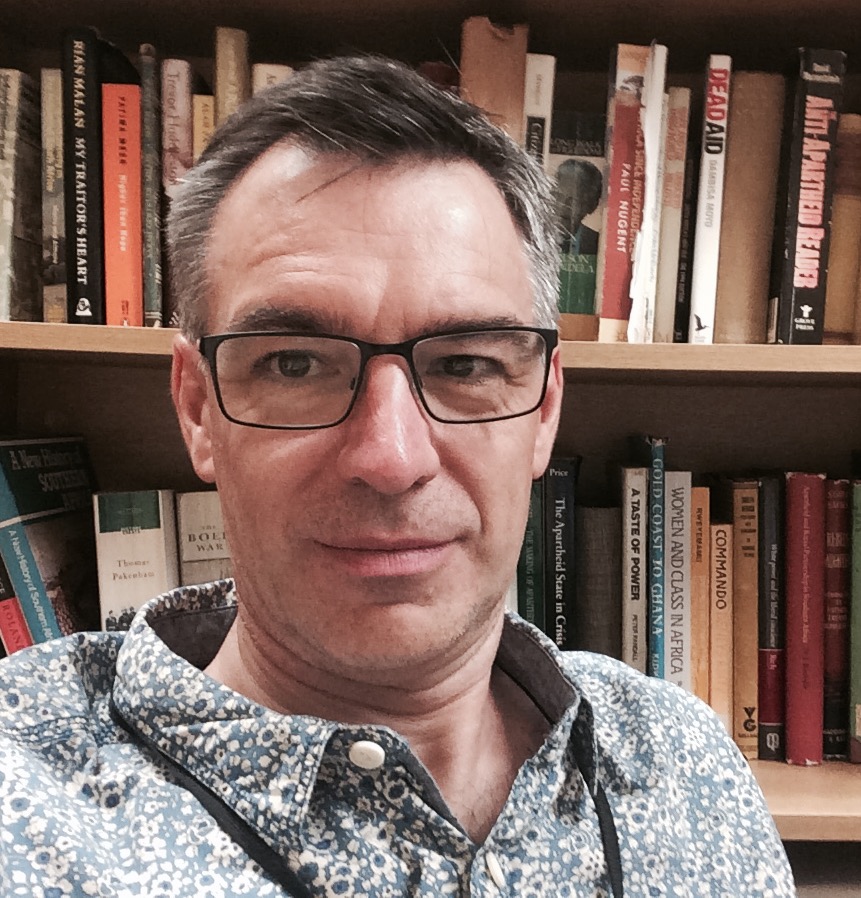ASCL Seminar Series: a History That Did Not Happen - Global Peace Movements and Decolonization in Africa, 1959-1962
 Julius Nyerere, first President of what later became the United Republic of Tanzania, exits a car during the Tanganyika Constitutional Conference in March 1961. Source: The National Archives, United Kingdom.
Julius Nyerere, first President of what later became the United Republic of Tanzania, exits a car during the Tanganyika Constitutional Conference in March 1961. Source: The National Archives, United Kingdom.
In March 1962, members of the 'Africa Freedom Action' waited in Mbeya, Tanzania for the call to lead a peace march across the border into Northern Rhodesia in support of the Zambian anti-colonial movement. The call never came. What had been envisaged as a pacifist counter to the emerging agenda of armed struggle in southern Africa and a movement vital to 'the fate of non-violence in southern Africa' (Rustin to Muste, 1962) ended as little more than a footnote in the history of decolonization.
But, between 1959-1962 international peace campaigners had established close links with African leaders, forging what they hoped would be the basis of a transnational pacifist network. From anti-nuclear campaigns in Ghana through to the launch of a World Peace Brigade (WPB) - volunteers who would 'go to any area of tension in the world to practise moral "jiu-jitsu" on the warring inhabitants' (The Guardian, 1961) - activists sought to place African struggles at the heart of the global peace movement. WPB members, including the anti-apartheid activist Michael Scott and the African-American civil rights campaigner Bayard Rustin, focused initial efforts on nationalist and post-independence leaders of Africa. Alongside plans for dramatic interventions in the Sahara and Central Africa, they also hoped to establish training centres for non-violent activism; instead, the camps that were established in Tanzania and elsewhere in Africa by the mid-1960s served groups determined to overthrow the last bastions of settler colonialism in southern Africa by force. The 'fate of non-violence' had been sealed. But the history of World Peace Brigade nevertheless reveals something of the multiple contradictory narratives around liberation, progress and development that informed international visions of the so-called Third World in the 1960s. This seminar will explore the ways in which this history of an event that never took place might still offer insight into the place of global peace movements in decolonization.
The chair for this seminar will be Prof. Jan-Bart Gewald, director of the African Studies Centre Leiden.

This ASCL Seminar takes place in the framework of Africa 2020, organised to mark the year in which 17 countries on the African continent will celebrate 60 years of independence.
Speaker
 Dr Robert Skinner (University of Bristol, UK) works on the social and political history of South Africa, but he is particularly interested in the relations between South Africa and the rest of the world over the course of the past century. He is also interested in the connections between local and global activism, and ways of fostering collaborative research between academics and activist communities. Dr Robert Skinner is a member of the Anti-Apartheid Movement Archives Committee, and was a co-investigator on the recent AHRC-funded project, Know Your Bristol On The Move.
Dr Robert Skinner (University of Bristol, UK) works on the social and political history of South Africa, but he is particularly interested in the relations between South Africa and the rest of the world over the course of the past century. He is also interested in the connections between local and global activism, and ways of fostering collaborative research between academics and activist communities. Dr Robert Skinner is a member of the Anti-Apartheid Movement Archives Committee, and was a co-investigator on the recent AHRC-funded project, Know Your Bristol On The Move.
He has recently completed a general history of South Africa since 1800, Modern South Africa in World History (Bloomsbury, May 2017) which sets national developments within a global framework that moves beyond 'imperialism'. He is also currently working on a series of projects that explore transnational connections between Africa and 'the West' in the 1960s-1970s, drawing together anti-colonial and anti-nuclear activism with emerging campaigns around human rights.
His first book, The Foundations of Anti-Apartheid (Palgrave, 2010), examined the emergence of anti-apartheid in the 1950s through the creation of interlinked networks of activists that connected South Africa, Britain and the United States.

